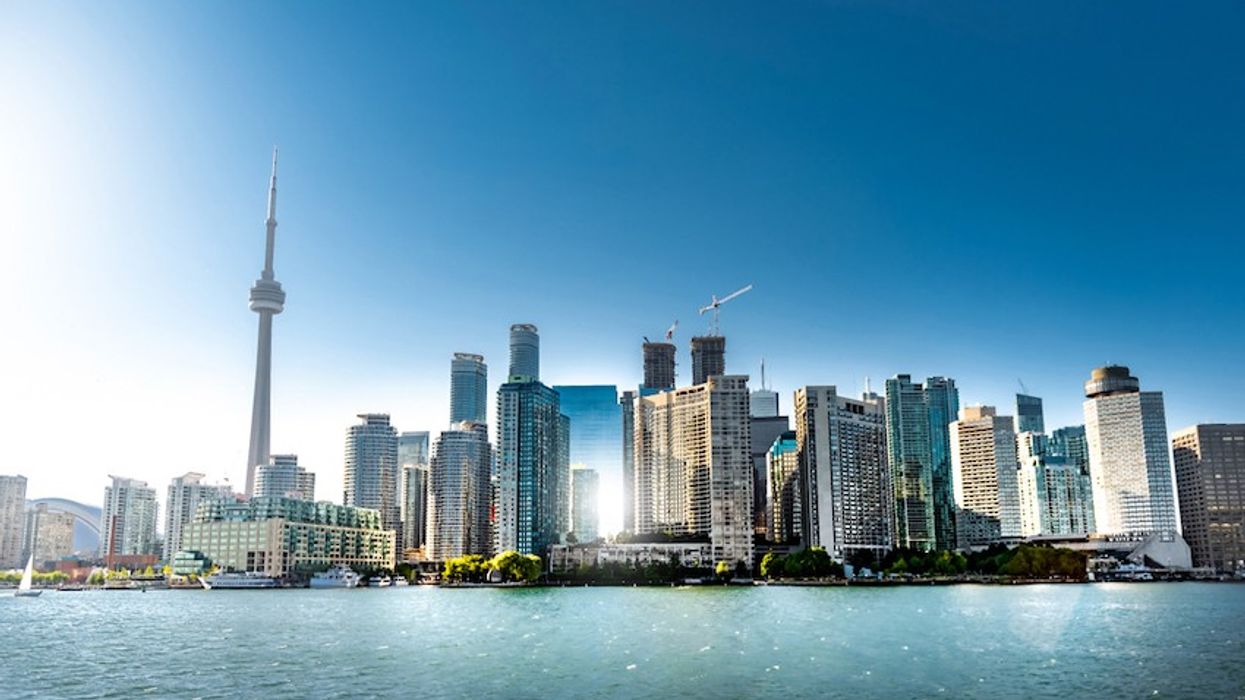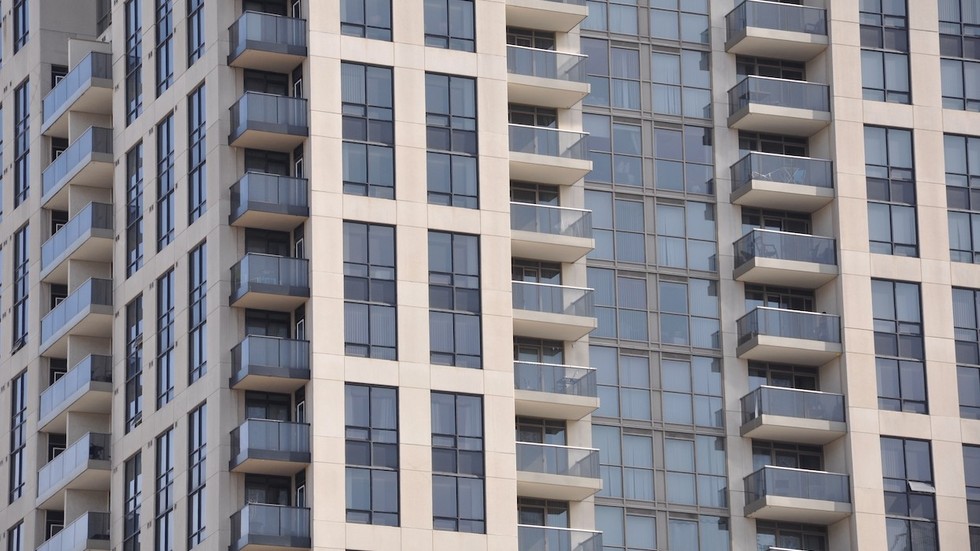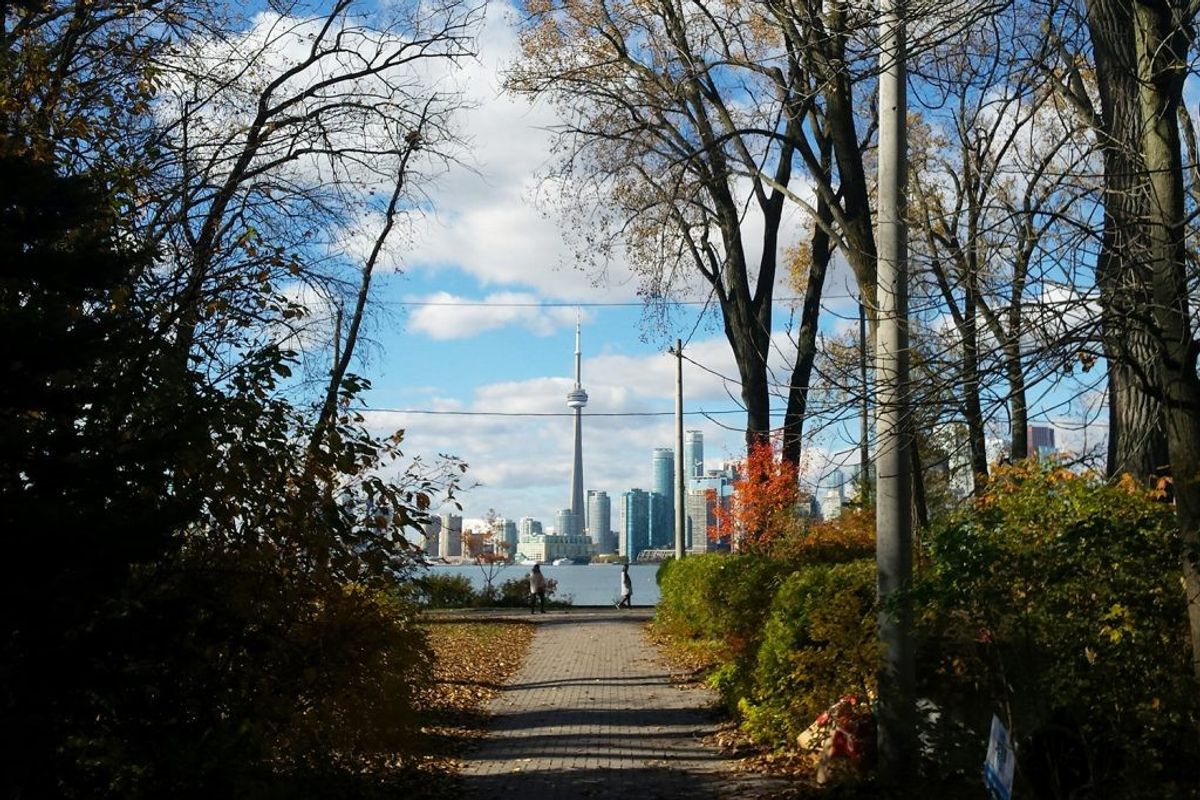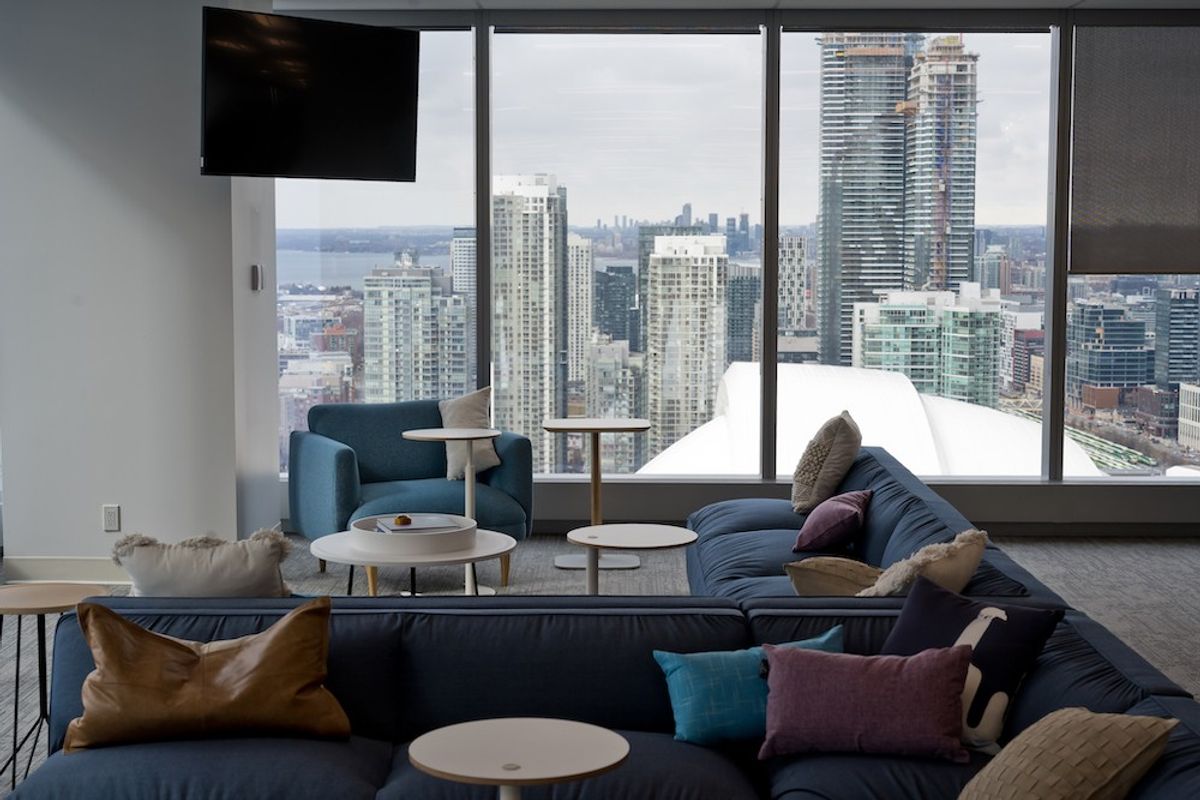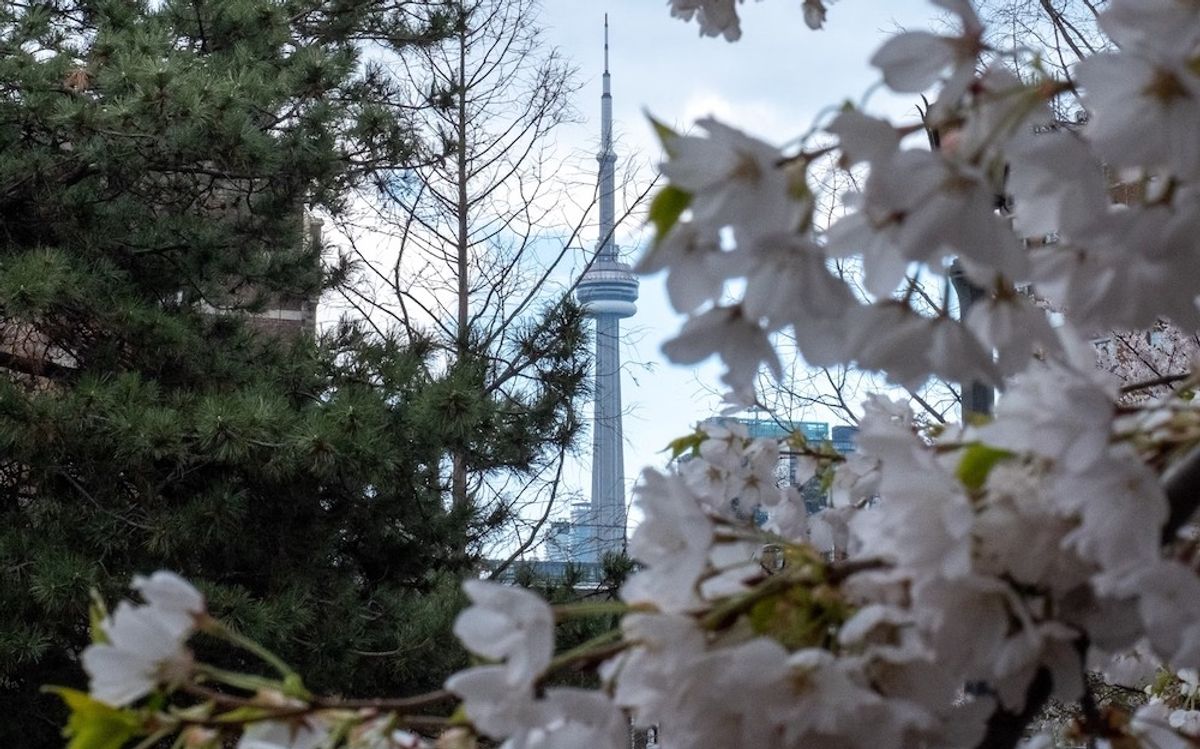Our weekly round-up of real estate news in Toronto, across Canada and the world for the week ending February 3, 2017.
TORONTO
Toronto real estate heading for another hot year (CBC)
Toronto real estate will get a lot more expensive in 2017, according to the Toronto Real Estate Board, which is forecasting the average price of a home to climb over $800,000 this year.
The board is predicting another year of double digit growth in Toronto real estate prices, with the average selling price rising between 10 and 16 per cent.
More than 100,000 home sales are forecast for the third straight year.
Toronto realtors call foreign buyer tax ‘misguided,’ as prices set to soar (Global News)
A foreign buyer tax in the Greater Toronto Area (GTA) would be “misguided” at a time of decaying affordability in the city, say realtors.
Such a tax, like the one that B.C. implemented for Metro Vancouver in August, would lead to “tighter market conditions and stronger price growth in neighbouring communities/regions without a tax,” the Toronto Real Estate Board (TREB) said in a news release accompanying its “Market Year in Review” on Tuesday.
Toronto condo sales push to records as buyers get squeezed out of the low-rise market (Financial Post)
Priced out of detached houses and other low-rise products, Toronto buyers poured into condominiums units last year to create a 10-year low in inventory, according to a report out Wednesday.
Urbanation Inc., which has been following the high-rise market in the Greater Toronto Area since 1981, said unsold inventory in the market at the end of 2016 was 9,932 units, a 47 per cent decline from 2015. Based on the present pace of sales, that equates to about 4.4 months of supply — well below the 10 months of supply needed for a balanced market.
CANADA
‘Trump risk’ hangs over Canadian real estate market (Globe and Mail)
What is the “Trump risk” to Canada’s economy and the lofty real estate markets in many big Canadian cities?
Royce Mendes, senior economist at Canadian Imperial Bank of Commerce, is one of many Bay Street players grappling with the question. Mr. Mendes recalls the uncertainty of U.S. election night, when he finally left CIBC’s downtown office tower at 3 a.m. Financial markets have been weighing the impact of President Donald Trump’s tweets and pronouncements ever since, he says.
Reverse mortgage market surges as millennials tap into 'Bank of Mom & Dad' (BNN)
HomEquity Bank Chief Executive Officer Steve Ranson gives BNN his reaction to the latest CMHC housing assessment. He also tells The Business News about how soaring home prices in Toronto and Vancouver are leading to rising demand for reverse mortgages as millennials tap the "Bank of Mom & Dad."
Five ways the wealthy become wealthier with real estate (Globe and Mail)
For the wealthy, and those who aspire to be, investing in real estate can reduce risk and volatility in a portfolio.
Those with the money have myriad ways to play real estate. Some are easy, some are challenging. Here are a few, and their possible risks.
USA
Advocates of fair housing brace for a tough four years (New York Times)
Housing rights organizations in the New York region are bracing for a new era in the White House, one in which they fear housing equality will be neglected or even rolled back by a president who was sued by the Justice Department for racial discrimination in housing in the 1970s.
The private nonprofit organizations responsible for investigating and bringing many of the state’s fair housing cases are concerned there will be not only drastic cuts in federal funding but also changes to federal guidelines, potentially allowing local communities and landlords to discriminate without much consequence.
California commercial real estate market trends continue, despite 2016 election results (UCLA Newsroom)
The winter/spring 2017 Allen Matkins/UCLA Anderson Forecast Commercial Real Estate Survey, which was conducted after the November 8 election, shows no discernable economic shift in the state, despite Hillary Clinton having been the favorite among California voters. Observations from 2016 remained unchanged, and the natural cycle in commercial real estate appears to be running its course somewhat independent of the presidential contest.
Harry Macklowe on New York Real Estate (New York Times)
Harry Macklowe, the real estate titan with a career as mercurial as it is long, is riding the wave of successful sales at 432 Park Avenue — said to be the tallest residential building in the Western Hemisphere — and forging ahead with new projects. Sales began this month for a residential condominium in Midtown and he plans to convert One Wall Street, an Art Deco office building, to residential.
“Real estate is a nice thing,” he said. Then, after a brief pause for comic effect, he added: “You can do it until you croak.”
INTERNATIONAL
British construction grows more slowly, costs soar (Business Times)
Britain's construction industry grew last month at the weakest rate since August against a backdrop of rocketing costs linked to the Brexit vote, but builders were more upbeat about the year ahead, an industry survey showed on Thursday.
The Markit/CIPS construction purchasing managers' index (PMI) hit a five-month low of 52.2 in January after December's nine-month high of 54.2, a steeper decline than all forecasts in a Reuters poll, though still indicating modest growth.
Indians in UAE invest $1.69bn in India's real estate market (Arabian Business)
The 2.6-million strong Indian expatriate community in the UAE pumped in $1.69 billion (AED6.20bn) in Indian real estate market in the first nine months of 2016, according to a new report.
Property consultancy Square Yards, in its latest report, said over 20 percent of non-resident Indian (NRI) investment in Indian real estate came from the UAE.
Chinese investment in overseas real estate hit record high in 2016 (Forbes)
Chinese buyers invested a record $33 billion in commercial and residential property last year, a nearly 53% increase from 2015, according to JLL Global Capital Flows.
The United States was the most popular destination, drawing in $14.3 billion, followed by Hong Kong, Malaysia and Australia. The United Kingdom came in fifth, down one spot from the year before.
